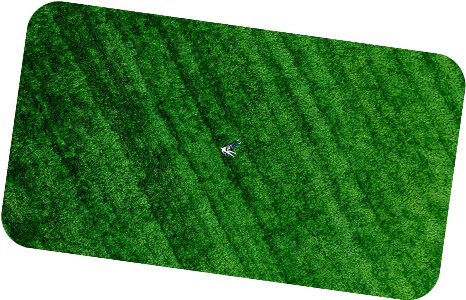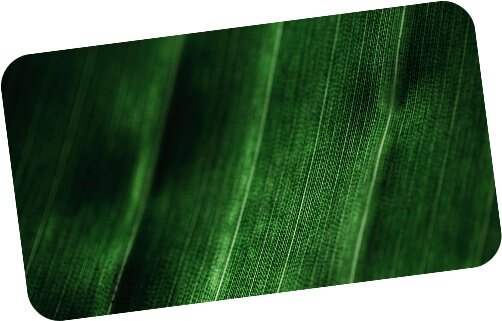
Close

DETERGENT
Modern detergents demand high cleaning efficiency, sustainability, and fabric protection. GEPZYMES PROTEZ is an advanced protease enzyme specifically designed for superior stain removal performance.
Oil and grease stains are among the toughest challenges in household and industrial laundry. GEPZYMES LIPAZ is a high-performance lipase enzyme designed to efficiently break down fat.
Starch-based stains from foods like pasta, rice, sauces, and gravies are some of the most common and challenging household stains. GEPZYMES AMYLZ is a high-performance amylase enzyme specifically designed to break down starchy soils.
Modern detergents demand high cleaning efficiency, sustainability, and fabric protection. GEPZYMES PROTEZ is an advanced protease enzyme specifically designed for superior stain removal performance.
Oil and grease stains are among the toughest challenges in household and industrial laundry. GEPZYMES LIPAZ is a high-performance lipase enzyme designed to efficiently break down fat.
Many modern detergent formulations include bleaching agents, primarily hydrogen peroxide, to enhance cleaning and whitening. However, residual hydrogen peroxide after the wash cycle can damage fabrics, fade colors, and harm the environment.
Modern food and cosmetic products often contain thickening agents like guar gum and locust bean gum. These gums are widely used in ice creams, baked goods, sauces, and personal care products.
Over time, fabrics lose their smoothness and brightness due to surface fuzz and pilling caused by repeated washing. GEPZYMES CELLUZ is a highly efficient cellulase enzyme that gently removes microfibrils from cotton.
Fruit-based stains from jams, juices, wines, and sauces can be stubborn and often leave unpleasant odors if not cleaned properly. GEPZYMES PECTAZ is a highly efficient pectinase enzyme (polygalacturonase type) that targets.
Many modern detergent formulations include bleaching agents, primarily hydrogen peroxide, to enhance cleaning and whitening. However, residual hydrogen peroxide after the wash cycle can damage fabrics, fade colors, and harm the environment.



Enzymes such as proteases, lipases, and amylases effectively break down complex stains like proteins (blood, egg), oils (cooking grease), and starches (rice, pasta). This provides superior cleaning performance even at lower washing temperatures, making detergents more efficient and energy-saving. Enzymatic stain removal enhances fabric appearance and prolongs garment life by reducing the need for harsh scrubbing and high-temperature washing.
Cellulases and other fabric-care enzymes gently remove microfibrils and prevent pilling, keeping clothes looking newer for longer. They restore color brightness in colored fabrics and maintain whiteness in white garments by removing dulling residues. This results in softer, fresher-smelling fabrics while maintaining fabric integrity, especially for premium and delicate clothing.
Enzymatic detergents deliver powerful cleaning in cold and short wash cycles, significantly reducing energy consumption. They replace or reduce harsh chemicals like chlorine bleach and phosphates, lowering environmental impact. This makes enzyme-based detergents ideal for eco-conscious consumers and supports sustainable cleaning practices without compromising on performance.
Enzymes are compatible with multiple detergent formats, including liquid detergents, powders, laundry pods, and automatic dishwashing formulations. They enhance cleaning performance in household laundry, industrial laundries, and institutional cleaning applications. Their ability to function across a wide pH and temperature range ensures consistent results in various washing environments, making enzyme-based detergents versatile and reliable.